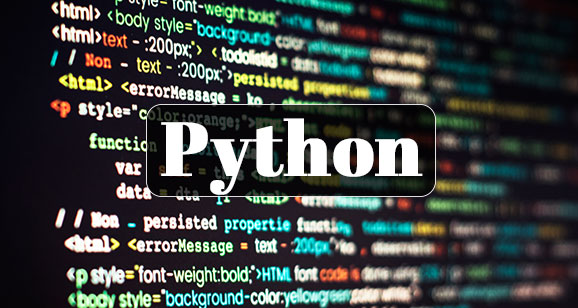Scala – Object Private Fields
Classes in Scala Object-Private Fields
In Scala like other languages java and C++, a method can get access to the private fields of all objects of its class.
In Scala, classes are fundamental constructs for defining blueprints of objects, encapsulating data and behavior into reusable entities. Scala classes support object-private fields, which are fields that are accessible only within the same instance of the class. Object-private fields are declared using the private[this] access modifier, ensuring that the field is private to each individual instance rather than the class as a whole.
Object-private fields provide a higher level of encapsulation compared to regular private fields (private modifier), which are accessible to all instances of the same class. By using object-private fields, Scala developers can enforce strict encapsulation and prevent unintended access or modification of internal state across instances.
Object-private fields are useful for implementing class invariants and ensuring data integrity within individual instances of a class. They allow classes to maintain internal state while hiding implementation details from external users or other instances of the same class.
Understanding object-private fields in Scala promotes better encapsulation and helps developers write more maintainable and robust object-oriented code. By leveraging object-private fields effectively, Scala developers can design classes with clearer boundaries and improved data encapsulation, leading to more reliable and scalable applications.
For example:
use case 1:
scala> class prwa{
private var value = 5
def incr() {value +=4 }
def current = value
}

use case 2:
scala> class prwaedu{
private var value = 2
def incr() {value +=3 }
def current = value
}

use case 3:
scala> class A2{
private var value = -3
def incr() {value +=1 }
def current = value
}







